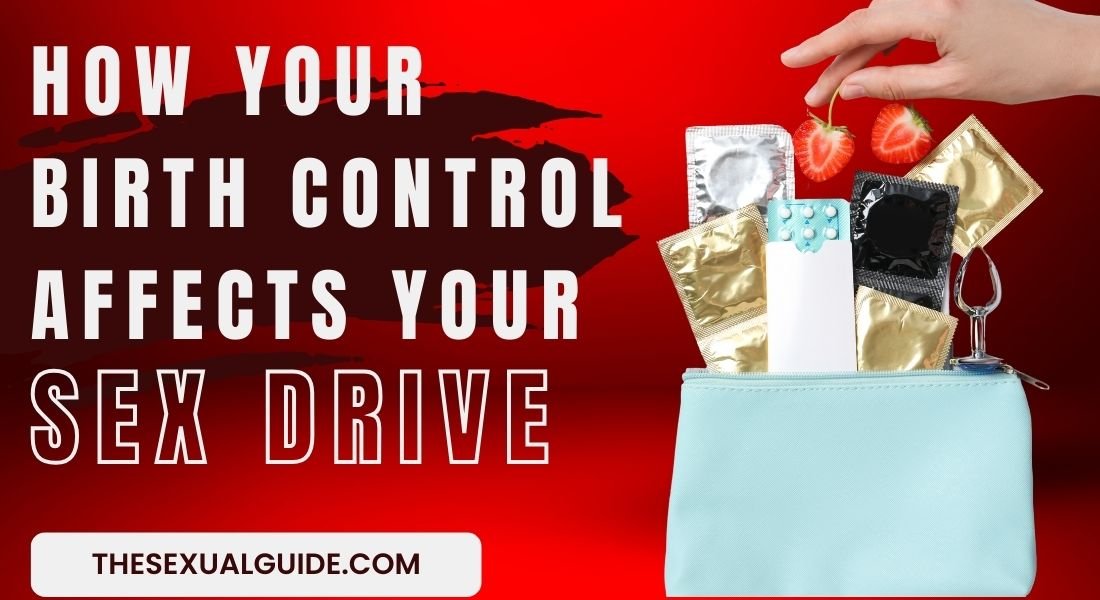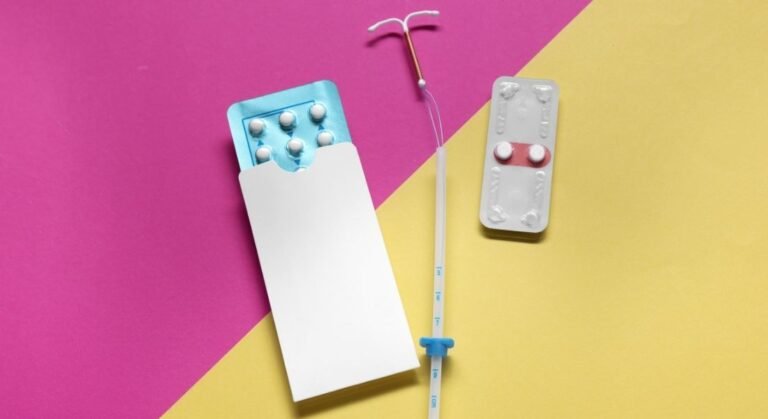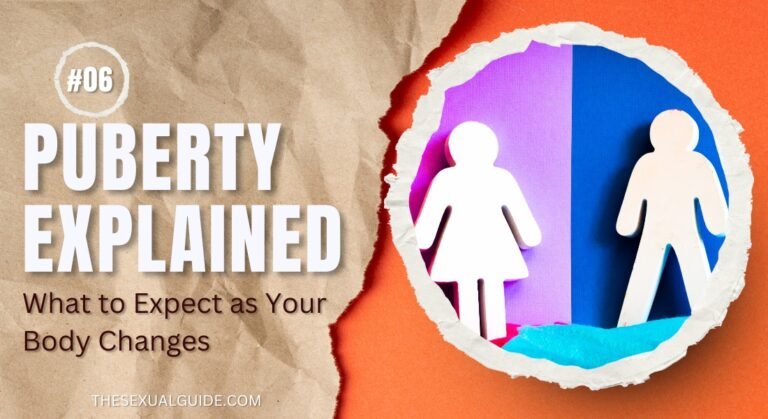Birth control methods, particularly hormonal contraceptives, play a crucial role in family planning and reproductive health.
However, many individuals are concerned about how these contraceptives might influence their libido and overall sexual function.
Understanding the relationship between birth control and sex drive is essential for making informed decisions about contraception.
How Hormonal Birth Control Works
Hormonal contraceptives, such as oral pills, patches, injections, and implants, primarily function by regulating hormone levels to prevent ovulation.
They often contain synthetic forms of estrogen and progestin, which can influence the body’s natural hormonal balance.
Potential Effects on Libido
The impact of hormonal birth control on sexual desire varies among individuals:
- No Change: A systematic review found that 84.6% of women reported no change in sexual desire while using oral contraceptives.
- Decrease in Libido: Approximately 3.5% of women experienced a decrease in sexual desire when taking oral contraceptives.
- Increase in Libido: Interestingly, 12% of women reported an increase in sexual desire while on the pill.
These mixed outcomes suggest that hormonal contraceptives can affect individuals differently.
Mechanisms Behind Libido Changes
Several factors may contribute to changes in sex drive among hormonal contraceptive users:
- Hormonal Alterations: Hormonal contraceptives can increase levels of sex hormone-binding globulin (SHBG), which binds to testosterone and reduces its availability.
Lower free testosterone levels might lead to decreased libido in some individuals.
- Psychological Factors: The reassurance of effective pregnancy prevention can reduce anxiety, potentially enhancing sexual desire and satisfaction for some users.
Different Contraceptives and Their Impact
Various forms of hormonal contraception may have distinct effects on libido:
- Combined Oral Contraceptives (COCs): Most studies indicate that COCs do not significantly impact sexual desire for the majority of users. However, a small percentage may experience changes, either an increase or decrease in libido.
- Progestin-Only Methods: Limited research suggests that progestin-only contraceptives, like implants, do not negatively affect libido and may even improve sexual function by reducing anxiety related to unintended pregnancies.
Individual Variability
It’s important to recognize that individual responses to hormonal contraceptives vary widely.
Factors such as personal health, stress levels, relationship dynamics, and psychological well-being can all influence sexual desire.
Expert Insights
Dr. Iryna Shatokhina, a medical expert, emphasizes the importance of personalized care:
“Understanding that each individual’s response to hormonal contraception is unique is crucial. Open communication with healthcare providers can help tailor contraceptive choices to minimize any negative effects on sexual health.”
Addressing Concerns
If you experience changes in libido after starting hormonal contraception:
- Consult a Healthcare Provider: Discuss your symptoms with a medical professional to explore alternative contraceptive options or adjustments.
- Consider Non-Hormonal Methods: Options like copper intrauterine devices (IUDs) or barrier methods may be suitable alternatives that don’t influence hormone levels.
- Monitor Your Body’s Responses: Keep track of any changes in your sexual desire and overall well-being to provide detailed information to your healthcare provider.
Conclusion
While hormonal contraceptives are effective for preventing pregnancy, their impact on libido varies among individuals.
Open communication with healthcare providers and partners is essential to address any concerns and ensure that your contraceptive choice aligns with your overall well-being.
Call to Action: If you’re experiencing changes in sexual desire and are concerned about erectile dysfunction, visit LibidoDepot for trusted solutions and support.
Frequently Asked Questions About How Birth Control Affects Your Sex Drive
1. Can birth control lower your sex drive?
Yes, some hormonal birth control methods, particularly those that affect estrogen and testosterone levels, may lead to reduced libido in certain individuals. However, this varies greatly from person to person.
2. Which types of birth control are most likely to impact libido?
Combination pills, hormonal IUDs, patches, and implants can sometimes influence sex drive due to their effect on hormone levels. Non-hormonal methods, like copper IUDs or condoms, typically have no direct effect on libido.
3. Is it possible for birth control to increase sex drive?
Yes, some people experience increased libido on birth control due to reduced anxiety about pregnancy, better menstrual regulation, or improved skin and mood factors that can enhance sexual confidence and comfort.
4. What should I do if I think my birth control is affecting my libido?
Speak with your healthcare provider. They may suggest switching to a different formulation or method that better suits your hormonal profile and personal needs without compromising contraceptive protection.
References
- Can Birth Control Affect Your Libido?
- Does Birth Control Affect Your Sex Drive?
- Birth Control and Your Sex Drive
- Birth Control: Benefits Beyond Pregnancy Prevention
- Birth Control Pill FAQ: Benefits, Risks and Choices
- Sexual Function and Hormonal Contraceptives






